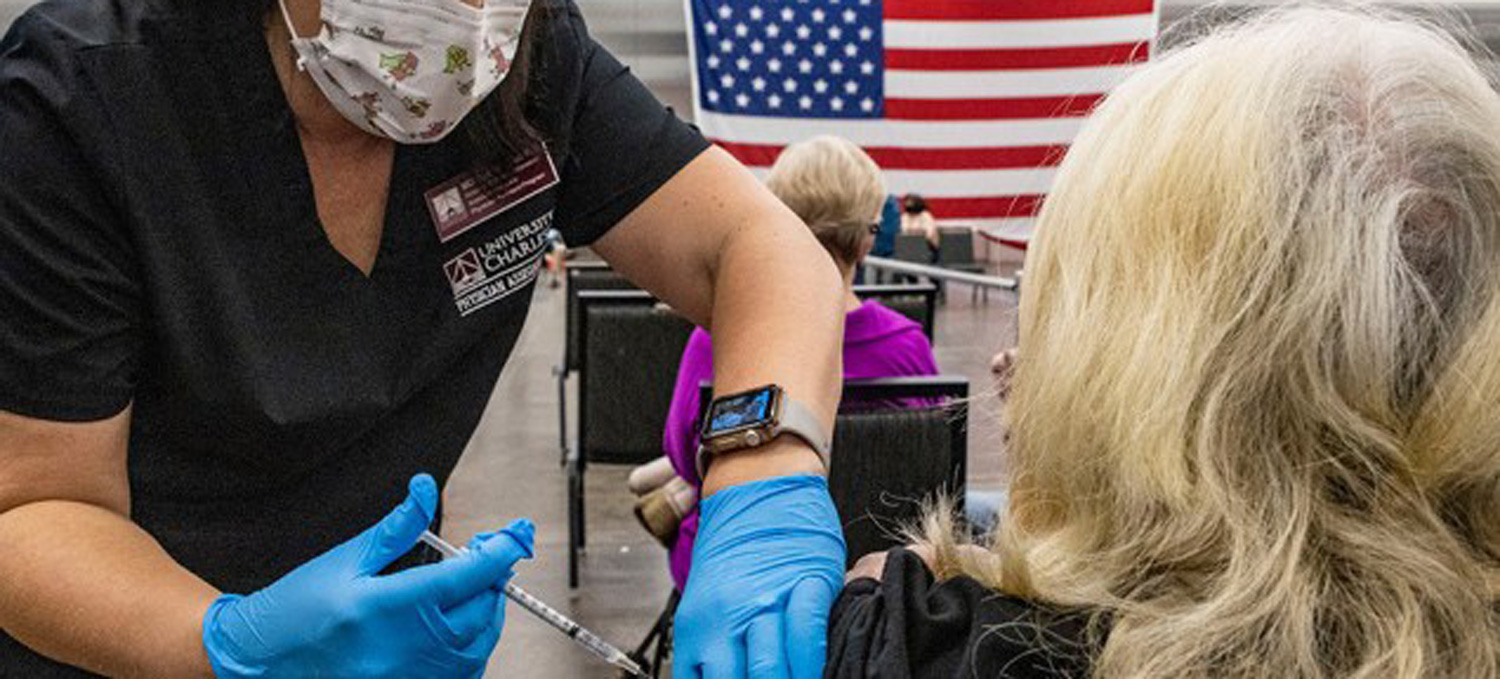Crash Course on Tech Work in Government Briefing: Reflections & Resources

As part of a collaboration between Harvard Kennedy School’s Shorenstein Center on Media, Politics, and Public Policy and the Georgetown University Beeck Center for Social Impact + Innovation, a group of notable current and former government technologists hosted a webinar on Thursday, December 10, 2020 to highlight some of the important topics that technologists – or anyone – joining government from the private sector should be aware of.
Panelists included: Erie Meyer, Kathy Pham, and Cori Zarek, combined experiences include the United States Digital Service, Consumer Financial Protection Bureau, Federal Trade Commission, White House Office of Science Technology Policy, National Archives, the private sector, non-profits, and academia.
This 90-minute webinar focused on a range of topics for new entrants pursuing tech work in government, while highlighting the unique offerings of operating in this nexus: harnessing one’s skills to serve the country, and personalizing government solutions at scale to improve our respective communities. The speakers also emphasized that regardless of an individual’s role in government, government workers are serving the public through their projects, products, and policy—because what they build, we all own. This work impacts millions of people who interact with our governments and people, not just the people in our country. “Working in tech in government is an extraordinary opportunity that doesn’t exist anywhere else,” Erie Meyer pointed out. “How can you say you’re revolutionizing health care if you don’t work on the largest health care system in the world—the VA health system.”
The discussion also spanned some constraints and challenges of working in the public service, some including resource capacity, issues of equity, and ethical considerations. Kathy Pham highlighted the importance for tech workers to establish their own ethical standards, and remaining vigilant through various processes to ensure unquestionable integrity and trustworthy intent. “Be true to yourself and hold onto your ethics,” Cori Zarek added. ”Stay accountable to yourself for the choices that you make about what you will and won’t work on.”
Throughout the discussion, the speakers engaged actively with participants, drawing upon the considerable knowledge in the event, including a number of resources shared by attendees. Key takeaways and crowdsourced resources shared throughout the conversation are included below.
Key Takeaways
- Look to long-time government workers for insight into government operations and deep understanding of the institution—these individuals have committed their life’s work to bettering the system.
- Understand the issues in conjunction with the problem you are trying to solve. Developing creative solutions for nuanced concerns will require deep knowledge about the core user and how the technology affects their day-to-day. You want to design for everyone.
- In government, your non-technical skills are of equal importance, if not more, to your technical skills. Collaborating, communicating, and advocating are your superpowers.
Follow the conversation on Twitter at #GovCrashCourse
Check out these resources shared during the event:
Job Recommendations for Entry-Level Professionals
Opportunities for entry-level professionals are limited, but primarily exist in government adjacent organizations that provide fellowships placing professionals in state or local governments.
Job Recommendations for Mid-to-Senior Professionals
There are opportunities for mid-senior level professionals in government technology roles in federal organizations such as 18F, United States Digital Service, the Presidential Innovation Fellows, and the more than 100 federal departments and agencies, as well as through state and local governments.
- U.S. Digital Response volunteer opportunities
- Aspen Tech Policy Hub Fellowship
- TechCongress Fellowship
- TTS Guide for Federal Resumes
Learning Opportunities
Articles + Sites
- So you want to serve your country: A (biased) guide to tech jobs in federal government
- You’re not *not* a policy person
- Skills Needed for Government Digital Service Professionals
- The Opportunity Project Demo Week 2020
- The Must-Do List: Table Stakes for Tech in American Government
- The coming war on the hidden algorithms that trap people in poverty
- Public-Interest Technology Resources
Communications
Books
Job Boards
- Code for America job board
- 80000 Hours job board
- Daybook job board
- Idealist
- Digital Services Coalition job board
- Design Gigs for Good
- Open Seattle
This event only highlighted a small piece of the incredible resources and insights that are useful for this work. Many thanks to the following individuals for contributing ideas and links in the chat during the event: David Anderson, Dana Chisnell, Betsy Cooper, Rachel Dodell, Matt Henry, Janette Fong, Chuck Gordon, Kat Jurick, Megan Kanne, Chris Kuang, Mark Lerner, Jessica Macleod, Jenn Noinaj, Chris Pimlott, Alissa R., Dennese Salazar, Jeanelle Sims, Jessica Watson